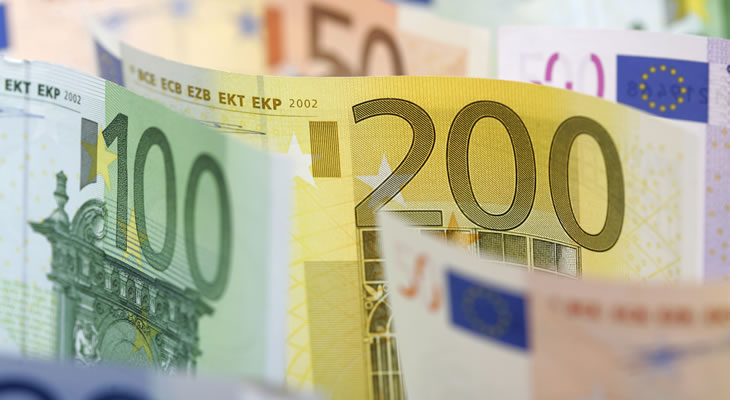The appeal of the Pound continued to deteriorate in the wake of the latest YouGov forecast, which raised the prospect of next week’s election resulting in a hung parliament.
Although the accuracy of the forecast is questionable at best this was still enough to spook investors, with the odds of a larger Conservative majority seeming to recede further.
As the outcome of the snap general election appears a lot less clear than markets had previously thought the mood has turned increasingly bearish.
If Theresa May fails to secure the increased majority that she was aiming for this could give rise to a greater sense of uncertainty over Brexit, putting additional downside pressure on Sterling.
This overshadowed a better-than-expected GfK consumer confidence survey, which showed a modest uptick from -7 to -5.
Demand for the Pound could weaken further if the latest raft of UK PMIs fails to impress, with the outlook of the domestic economy relatively muted at this juncture.
After the sharp slowdown in growth seen in the first quarter investors are hoping to see signs that the economy has rebounded in the second quarter.
However, if economic activity shows continued signs of slowing the Pound Euro exchange rate could extend its recent losses further.
Particular focus will fall on the services PMI, given that the sector accounts for more than three quarters of UK economic activity, with any weakness here likely to weigh heavily on the appeal of Sterling.
While confidence in the Euro was dented by a sharper dip in German inflationary pressure this was not enough to support the GBP EUR exchange rate.
As inflation in the Eurozone’s powerhouse economy eased this seemed to undermine the case for the European Central Bank (ECB) to return to a tightening bias in the near future, eroding the appeal of the single currency.
Even so, analysts at Lloyds Bank noted:
‘We expect the ECB to sound more upbeat about the economy at its 8th June meeting, paving the way for an announcement later this year that the QE programme is set to be cut back further in 2018. But the probability of policy tightening in 2017 remains low.’
News that the German unemployment rate had fallen to its lowest level since reunification also encouraged investors to buy back into the Euro on Wednesday morning.
With the general outlook of the currency union looking rather more upbeat the Euro was able to capitalise on the relative softness of the Pound.
However, if speculation mounts over the possibility of Greece defaulting on its July bailout repayment the mood towards the single currency could start to sour once again.


Comments are closed.